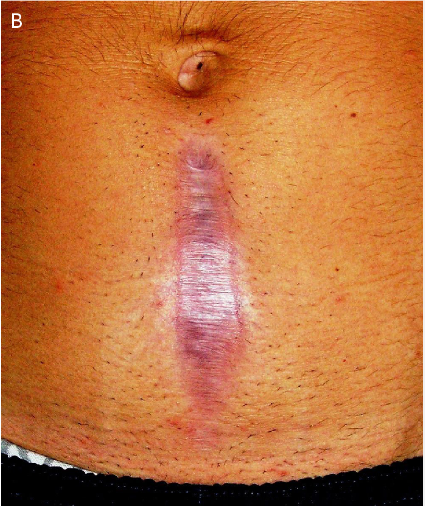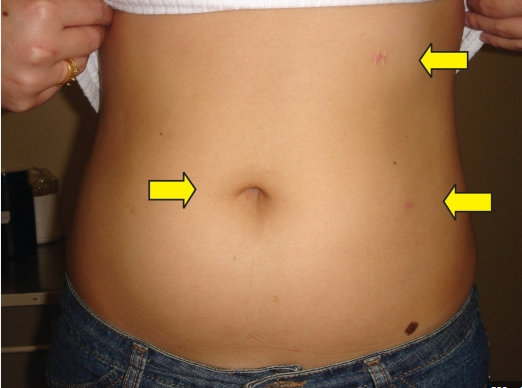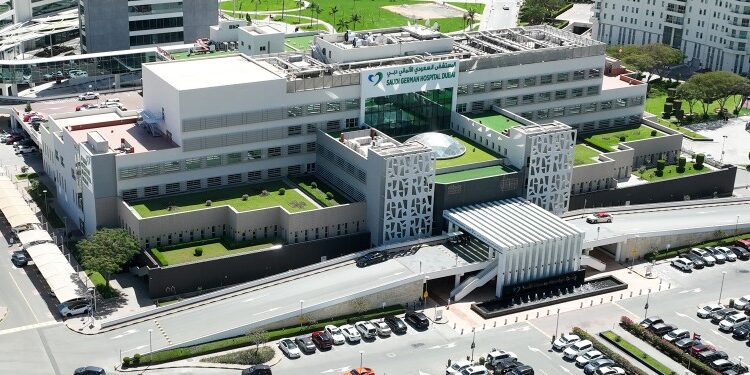Prostate cancer is the second commonest cancer occurring in men over the age of 60 years. Early diagnosis can be performed by patients who take the initiative to screen for prostate cancer after the age 50 years.

An ideal screening program will include annual checkups with a Urologist that includes physical examination and blood tests for estimating PSA (Prostate-specific antigen levels are increased in the blood of patients with prostate cancer).
When prostate cancer is detected in a stage where the cancer is confined to the organ (after performing MRI and nuclear scans that predict the stage of the disease) surgical removal of the organ can cure the disease with a long life expectancy, unlike other cancers.
Conventional open surgery is associated with blood loss needing transfusions and also prolonged recovery times. Wound infections and hernia formation are also complications associated with open surgery for prostate cancer.

Minimally invasive surgery by Laparoscopy and Robotic surgery greatly reduce the morbidity associated with open surgery. Small keyholes are used to replicate all the steps performed during open surgery. The advantages of magnifications greatly reduce the chances of complications like bleeding, incontinence of urine, and erectile dysfunction. Cosmetically it offers huge benefits. Also due to reduced pain early recovery, early discharge from the hospital, and early return to work are possible.


















